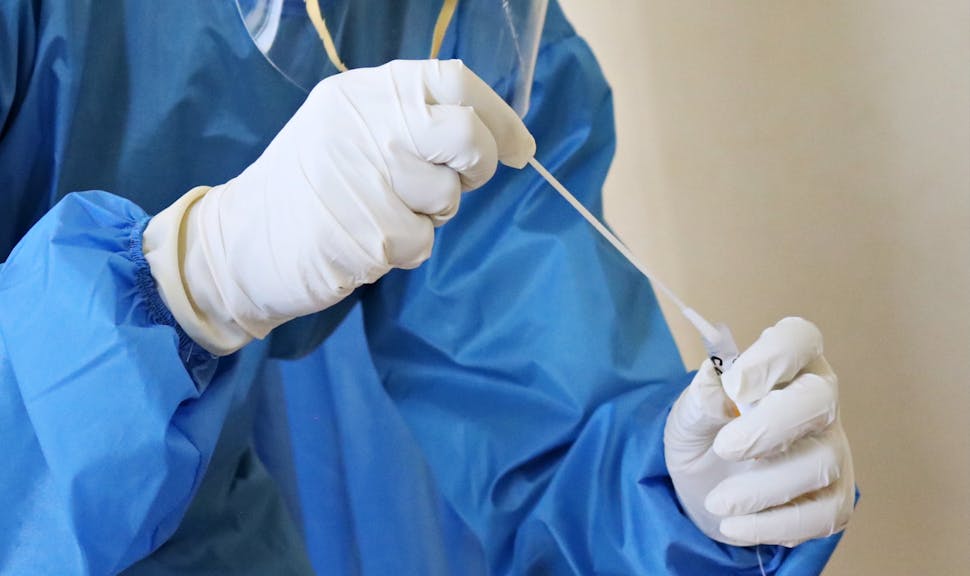
April 1, 2021
Expanding access to healthcare through Inclusion
Healthcare access for all people requires new ways of thinking about how to reach disadvantaged groups in society and making healthcare more affordable.
1 minute
Healthcare access for all people requires new ways of thinking about how to reach disadvantaged groups in society and making healthcare more affordable. Though recognized as a universal right, it is not a reality. Given the complexity of our societies and the heterogeneous models of health care systems deeply embedded in the history of each country, there is no one simple solution for all cases. The current economic situation and the varied states of maturity of social protection systems add further complexity to making healthcare available to all at this time.
The WHO Universal Health Coverage figures are alarming:
• At least half of the world’s population still do not have full coverage of essential health services.
• About 100 million people are still being pushed into extreme poverty (defined as living on 1.90 USD or less a day) because of the cost of health care
• Over 930 million people, approximately 12% of the world’s population, spend at least 10% of their household budgets to pay for health care.
Universal Health Coverage means that all individuals and communities receive the health services they need without suffering financial hardship (WHO definition)
The fundamental issue of healthcare access is sadly far from being solved. Through this publication, case studies with concrete actions of public, private, academic, and nonprofit actors committed to this universal cause are shared to inspire and educate. Action is possible at all levels of society. In the following pages, we will explore how to make healthcare more inclusive through technology, public-private partnerships, and how to adapt to the emerging gig economy workforce. While no one means of expanding access has all the answers, it is clear that the combined forces of these approaches holds great promise.



